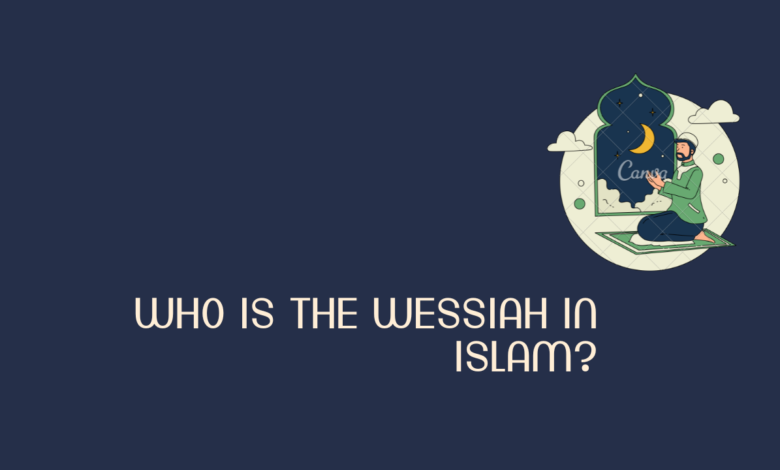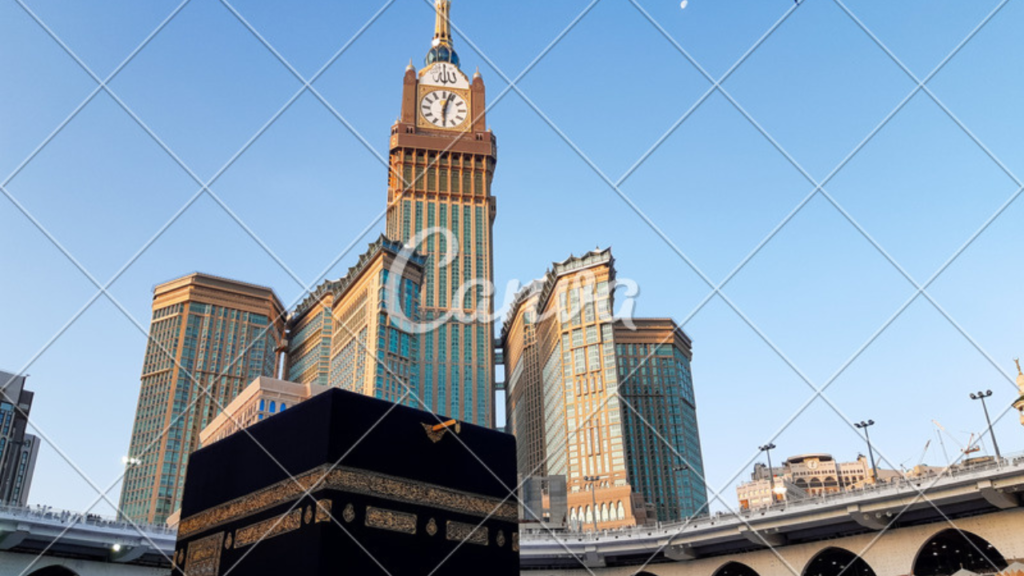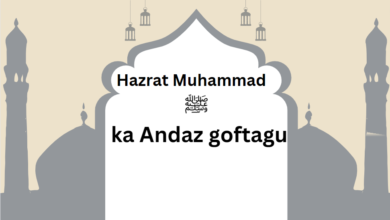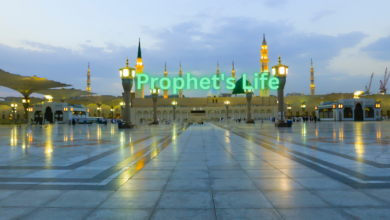Who is the Wessiah in Islam?
Unveiling the Enigmatic Wessiah: A Closer Look at Islamic Eschatology

Who is the Wessiah in Islam?
The Wessiah is an enigmatic figure in Islamic eschatology, believed by some to be a messenger of Allah sent to bring justice during times of turmoil.

Introduction
In the world of Islamic eschatology, the concept of the “Wessiah” is a relatively obscure and debated figure. Unlike the well-known figures like the Mahdi or the return of Jesus (Isa), the Wessiah is a more mysterious and enigmatic character. This article aims to shed light on the concept of the Wessiah in Islam, exploring its origins, characteristics, and the various interpretations associated with this figure.
Origins of the Term “Wessiah”
The term “Wessiah” is not commonly found in Islamic scripture, such as the Quran or Hadith, and its origins are somewhat unclear. It is not explicitly mentioned in the traditional sources of Islamic eschatology. Instead, the term seems to have developed over time as a result of various interpretations and narratives surrounding the end times.
Also check.
- What is Wudu in Islam?
- What is Jihad in Islam?
- Why did Islam Spread So Quickly?
- What is Gambling in Islam?
- What is Riba in Islam?
Characteristics of the Wessiah
- Messenger of Allah: In some interpretations, the Wessiah is considered a messenger of Allah, sent to guide and warn the people during a time of great chaos and tribulation. This is similar to the role of prophets in Islam.
- A Figure of Justice: The Wessiah is often associated with bringing justice and fairness to the world. It is believed that during his time, oppressive rulers and tyrants will be overthrown, and justice will prevail.
- Not the Mahdi or Isa: It’s important to note that the Wessiah is distinct from the Mahdi and Isa (Jesus). While the Mahdi is a guided leader who will appear before the Day of Judgment, and Isa is expected to return as a prophet, the Wessiah is a separate and lesser-known figure.
Interpretations and Controversies
The concept of the Wessiah in Islam is not universally accepted, and there are varying interpretations and controversies surrounding this figure. Some scholars and Muslims do not recognize the Wessiah as a legitimate concept in Islamic eschatology, considering it a later innovation.
- Lack of Authentic Sources: Critics argue that the concept of the Wessiah lacks strong support from authentic Islamic sources. They contend that it may have been introduced through weak or fabricated Hadiths (sayings of the Prophet Muhammad), leading to its questionable status.
- Regional and Cultural Variations: Interpretations of the Wessiah vary among different Islamic cultures and regions. Some Islamic traditions and sects have developed their own unique narratives about this figure, further contributing to the ambiguity surrounding the concept.
- Debate Over Identity: There is no consensus on the identity of the Wessiah. Some interpretations suggest that he may be a regular human being chosen by Allah, while others propose that he could be an angelic or supernatural figure.
Conclusion
The concept of the Wessiah in Islam remains a topic of debate and uncertainty within Islamic eschatology. Unlike more well-defined figures like the Mahdi or Isa, the Wessiah is a relatively obscure and enigmatic character with no explicit mention in the Quran. Interpretations and beliefs about the Wessiah vary widely among different Islamic traditions and cultures, and its legitimacy as a prophetic figure is a matter of ongoing discussion among scholars and theologians.
As with many aspects of eschatology, individual beliefs about the Wessiah in Islam may vary, and it is important to approach the subject with an open mind and a respectful consideration of different perspectives within the Muslim community.

FAQS
What is the Wessiah in Islam?
The Wessiah is an enigmatic figure in Islamic eschatology, believed by some to be a messenger of Allah sent to bring justice during times of turmoil.
Is the Wessiah mentioned in the Quran?
No, the Quran does not explicitly mention the Wessiah. This concept has developed through interpretations of Islamic traditions and Hadith.
How does the Wessiah differ from the Mahdi and Isa (Jesus) in Islamic eschatology?
The Wessiah is distinct from the Mahdi and Isa. The Mahdi is a guided leader, and Isa is expected to return as a prophet. The Wessiah is a separate, lesser-known figure with a different role.
Is belief in the Wessiah widespread among Muslims?
Belief in the Wessiah is not universal within the Muslim community. It varies among different Islamic cultures and sects, and some scholars and Muslims do not consider it a legitimate concept.
Are there authentic Hadiths supporting the concept of the Wessiah?
The concept of the Wessiah lacks strong support from authentic Hadiths, leading to debates about its legitimacy.
What is the role of the Wessiah in Islamic eschatology?
The Wessiah is often associated with bringing justice, toppling oppressive rulers, and restoring fairness during times of upheaval and tribulation.
Does the identity of the Wessiah vary in different Islamic traditions?
Details about the signs or events related to the arrival of the Wessiah vary among interpretations and are not universally agreed upon.
Is the concept of the Wessiah a matter of ongoing debate among Islamic scholars?
Yes, the legitimacy and significance of the Wessiah in Islamic eschatology continue to be debated among scholars and theologians.




